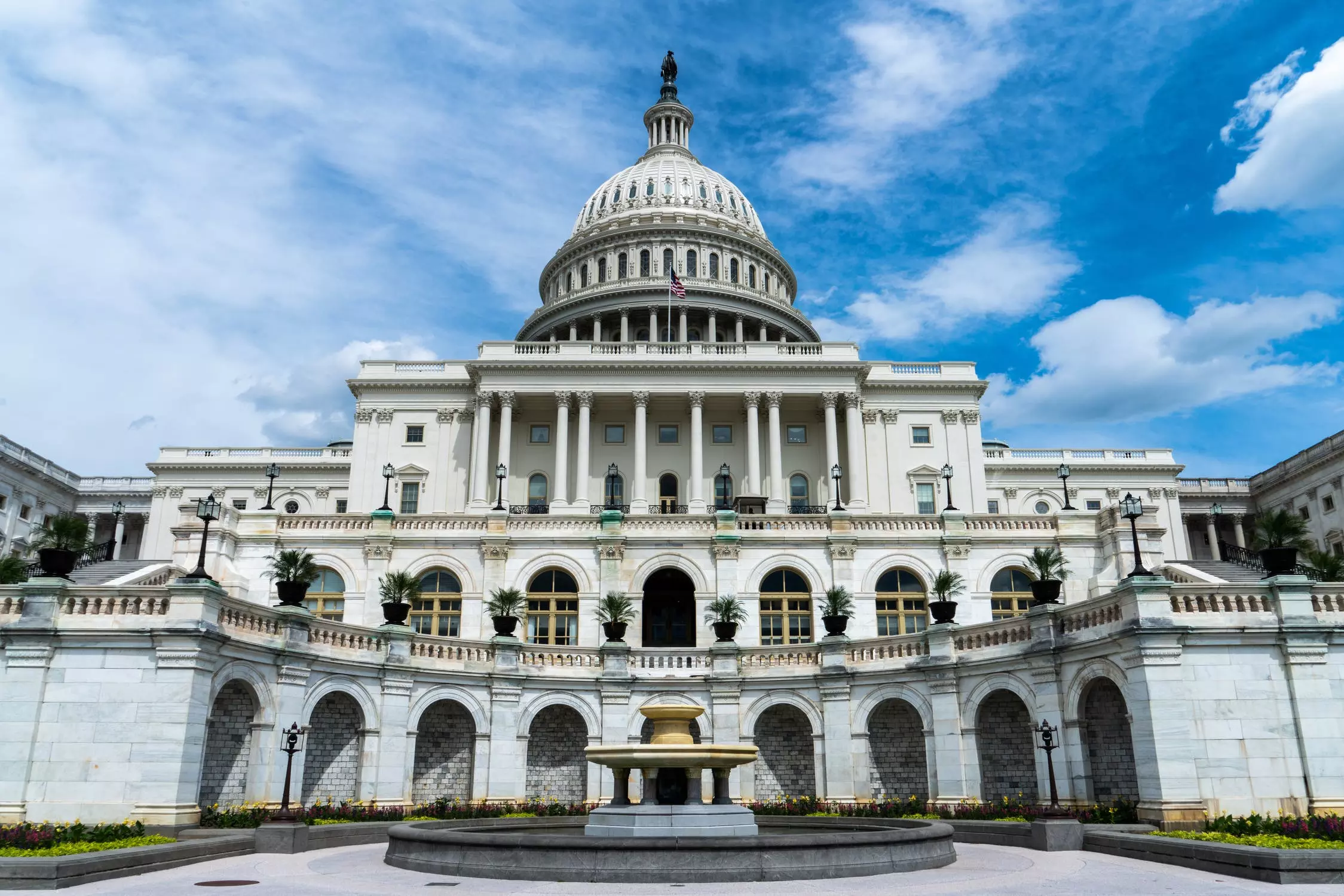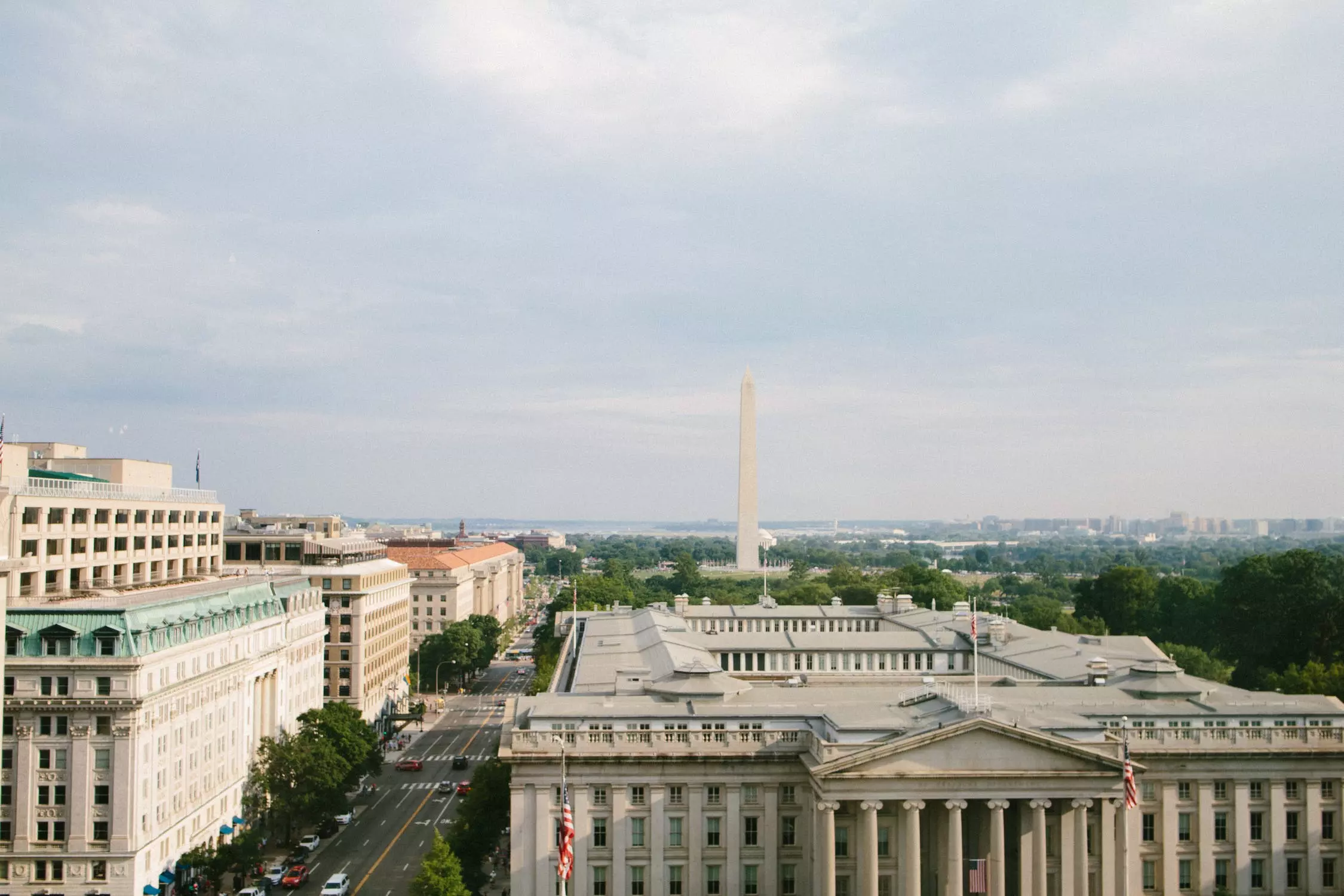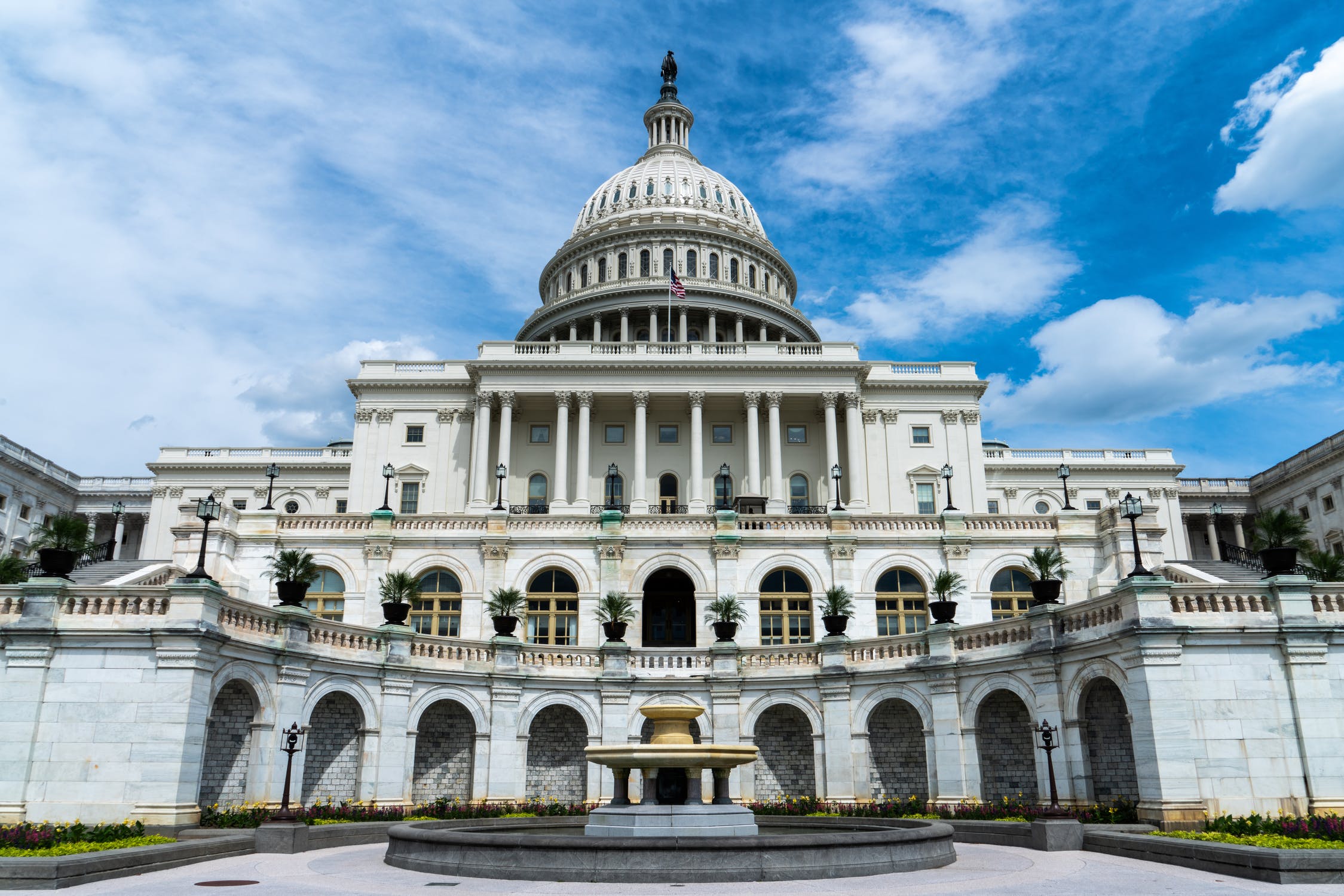The mob takeover of the U.S. Capitol building in Washington D.C. on January 6, 2021 deeply undermines America’s pivotal role in promoting democracy globally.
The rise of decentralized digital currencies will only make things worse.
In1985, I sat in the backseat of a 1975 Oldsmobile Cutlass Supreme, with my parents in the bench seat in front, pulling up to a nondescript automatic carwash just off of South Volusia Avenue, Daytona Beach Florida.
A typical Floridian Spring day, temperatures were in the mid seventies and the air dewy sweet with the scent of begonias and lilacs that Florida’s legion of retirees were busy tending to.
“Your car is too big.”
“What do you mean my car is too big?” my father asked quizzically at the reed-thin man leaning into the driver side window of our car, hints of chest hair showing over his dirty-white wifebeater, a well-worn clipboard under his arm and a red trucker cap with a Bud Light logo emblazoned across the front atop his head.
“Your car, it’s too big, it can’t fit into the auto wash.”
From the backseat, I could see my father’s slender shoulder blades tensing, his thick, dark hair starting to quiver ever so slightly with frustration as he looked over his dashboard at Cadillacs twice the size of our car rolling happily into the car wash.
But instead of getting into an altercation with Mr. Bud Light, he merely smiled,
“No problem, we’ll take it elsewhere.”
And that was that.
My father, an aeronautical engineer, pulled our Oldsmobile out of the carwash, his posture gradually relaxed and we drove off to another carwash, where the proprietor, a younger man auburn hair and a ruddy face, dressed in blue dungarees greeted our Asian family with a big smile,
“That’s a great car you’ve got there! How’d you like it to look even shinier?”
As we got out of the car and I clamored onto the bench to look through the glass of the waiting room as our Oldsmobile was being taken through the automated car wash, my father was quietly examining a vending machine, looking for a snack.
I walked over,
“Dad, why did the man say our car was too big? This carwash seems smaller than the other one, and the car seems to be going through it just fine.”
My father looked up from the vending machine just long enough to reply,
“It wasn’t. That man just didn’t want to wash our car.”
“But why Dad?”
“Because we’re Asian.”
“What’s that got to do with it?”
“Nothing and everything. Intolerance comes from fear and fear comes from ignorance.”
The five year-old me looked puzzled. Rubbing my jet black hair, my father continued,
“One day you’ll understand.”
Yet for the many years we continued to live in the United States of America, I did not fully understand.
It’s Not Who You Are, It’s Where You’re From

Going to a mostly white private Catholic school, I did not face the discrimination that my family back home had warned us we would encounter.
Whether my childhood growing up in America was sheltered from the vagaries of intolerance, or I had just been fortunate not to have experienced racism firsthand, in all its nuanced forms, I grew up thinking America was a land of possibility.
Growing up in Florida in the 80s and during the Reagan administration, the United States of America was coming out of the tumultuous 1970s, and our President would be making America great again.
While “Make America Great Again” was a campaign slogan that Reagan came up with and which was subsequently appropriated by the Trump campaign decades later, he did make America great again — for some.
America was stepping into a new decade with a renewed sense of confidence built on cheap credit, deregulated markets and a stock market that showed no signs of slowing down.
Everywhere you went, and depending on where you lived, the excesses of wealth were on full display.
Italian designer brands could be found along the sidewalks of Miami more commonly than in Milan and it seemed almost everyone had a Cadillac and a Mercedes-Benz in their driveways.
The quality of education for those who could afford it was astounding.
My first few years of grade school in an expensive private Catholic school gave me a head start in my formal education that I would enjoy for years to come.
The go-go 80s were a time of technology, money and possibility and that portrait of America, tinted by rose-colored glasses, inaccurate as it was, will always be the America that I remember, and the one that I cherish.
And as I watched with rapt horror, as a mob of Trump supporters stormed the U.S. Capitol building on January 6, 2021, looting the offices of the country’s lawmakers and attacking police, I was not just shocked, something in me was deeply shaken, my dream of America.
As with so many who have passed upon this great land, to paint America with a broad brush is to miss the point of what this country is and represents.
For billions of people glued to their screens from across the world, witnessing the orgy of violence unfolding on that global symbol of democracy, January 6, 2021 was a watershed moment in American democracy.
But that moment had been decades in the making.
Make America Great Again (Conditions Apply)
As Ronald Reagan was sworn into the White House, he brought with him a sweeping set of reforms that also took school lunches away from millions of American children who needed it most.
As unemployment hit 8.5%, millions more Americans were taken off the food stamp programs and other extensive welfare protections were rolled back, while Wall Street received the deregulation it so desired to turn the markets into a massive casino.
And when the tax cuts rolled out by Reagan and subsequent U.S. Presidents after him weren’t enough, cuts were made to public school education.
In the almost a decade that was the Reagan administration, public school teacher salaries actually stabilized, before declining rapidly in the decades that followed.
Worn out and exhausted teachers, earning barely above a living wage were forced to juggle multiple jobs or in some cases sell their own blood just to make ends meet, all while expected to be motivating their students to aim for higher things.
Disillusioned and underfunded, the public education system started to develop bigger cracks, allowing more young Americans to fall through those cracks and into substance addiction and a cycle of poverty.
And while some may think that that income and education divide was drawn along racial lines, the evidence reveals that a lack of investment in rural areas and infrastructure as well as inner city areas, made it as much a matter of geography as it was about race.
Even today, some parts of rural America have internet speeds slower than entire nations in developing Africa.
Against this backdrop of a lack of investment in education and infrastructure, social media came to fill the vacuum that the absence of a traditional broad-based and critical education left behind.
Social Media is Not a Proper Teacher
Herded by powerful algorithms, an entire generation of Americans tumbled down a rabbit hole of echo chambers, fed on a steady diet of misinformation, alternative facts and outright lies.
And while many blame social media companies for aggravating America’s current ills, they were only doing exactly what they advertised they would do from the start — give users as much of what they wanted, all of the time.
If religion is the opiate of the masses, than social media became the marijuana of the misinformed.
“Repeat a lie often enough and it becomes the truth.”
- Joseph Goebbels, Nazi Propaganda Minister
In essence, what social media had achieved was the decentralization of information.
Instead of trying to agree on a set of commonly accepted facts, American dissemination of information became decentralized to siloed echo chambers and users literally picked their own reality to live in.
The educated elite, whether conservative or liberal were not immune either, choosing to only see their side of the story with total disregard for the considerations of the “other.”
Or acknowledging the concerns of the other side only insofar as it would serve their self interest or political gain, where bylines and tweets trumped analysis and consideration.
An America which exists in a decentralized reality cannot come together to commiserate over the state of the union because no such union exists.
For there to be democracy, there must at the very minimum be an agreement on what reality is, but reality has become decentralized.
Thoughtful analysis and validated research given way to hearsay and conjecture.
But if we thought that decentralization of information was bad, things may be about to get a lot worse through the decentralization of money as well.
Money is What You Make of It

Until fairly recently, the concept of privately-issued currencies receiving widespread acceptance was laughable.
After all, who would render valuable goods and services for currencies that were not backed by any nation state or sovereign?
Yet that is precisely the promise of Bitcoin — the decentralization of a medium of exchange and part of the reason why its value is so volatile.
Like a set of facts that is constantly debated, Bitcoin’s price is as much a function of narratives as is the current American political climate
When a whopping 43% of the 74.2 million Americans who voted for Donald Trump at the 2020 U.S. Presidential Elections believe that the election was stolen from them, and the attack on the Capitol justified, it’s no wonder that things can turn volatile in a heartbeat.
With billions of dollars at stake, Bitcoin is much the same and why defying all logic, Bitcoin and cryptocurrencies have yet to fully expire.
For all intents and purposes, the mob that was storming the Capitol building in Washington D.C. believed that what they were doing was right, they believed that their democracy was being stolen from them, and some were willing to die for those beliefs.
And for those who did not share those beliefs, watching in horror at the scenes of an angry mob overrunning the Halls of Congress, what was happening was a form of lunacy.
But that’s what happens when there isn’t a common set of facts that everyone starts from, when something even as fundamental as the identification of facts becomes decentralized and a matter of opinion.
Which is why even Bitcoin has come of age.
While there are some who scratch their heads in bewilderment at how a private, decentralized digital currency that is not backed by anything and not run by anyone, can survive, there are still others who believe that Bitcoin represents a form of personal power and individual liberty.
And therein lies the danger to the global financial system.
Just as the decentralization of information can threaten democratic institutions, the decentralization of currency can destabilize the global financial world order.
Whether it’s Bitcoin or dollar-based self-issuances of fiat currency-based stablecoins, the ability to create currency without supervision or permission is not just a headache for regulators, it’s a migraine for governments.
Much of the power that comes with what we commonly recognize as the sovereign nation, is the ability to enjoy seigniorage — the difference in cost between printing or creating money and the value of goods and services that money can buy.
But when cryptocurrencies have the ability to do just that as well, the monopoly that sovereigns enjoy becomes eroded.
“I maintain that an absolute prince who knows how to govern, can extend his credit further and find needed funds at a lower interest rate than a prince who is limited in his authority.”
“In credit, supreme power must reside in only one person.”
— John Law, Scottish Economist, convicted murderer and one-time French Finance Minister
Just as democracy can be deconstructed though decentralization, dollars can be destroyed that very same way.
Because in most developed countries, there is no law that requires anyone to accept fiat currency in exchange for goods and services (it is a fundamental tenet of common law jurisdictions that courts do not judge the adequacy of consideration, but simply that it should exist) there is nothing stopping a growing number of people from accepting cryptocurrencies as full and fair payment for goods and services.
And this year, PayPal, a pioneer in enabling online digital payments, will be doing just that, facilitating the use of cryptocurrencies with its over 305 million active users and merchants.
For many, accepting that cryptocurrencies have the potential to develop into a legitimate parallel private currency that exists as an alternative to long-established institutions will be a hard pill to swallow.
The same way that watching the U.S. Capitol building being overrun by an angry mob of Americans was difficult to watch, the potential erosion of legacy structures and fortunes through the rise of decentralized digital currencies will be greeted initially with disbelief and then denial.
Make no mistake about it, the overrunning of the U.S. Capitol building was not a sudden and surprising development, it was the culmination of decades of neglect and degradation of the pillars that are key to preserving democracy — education, equality and social mobility.
Similarly, a dollar-based global financial system that benefits the few at the expense of the plenty won’t devolve into an angry mob of Americans storming the U.S. Federal Reserve building or the European Central Bank — it will take the form of alternative money.
Just as alternative facts helped to fuel the current American political impasse, alternative currencies will fuel the decline of fiat currencies.
And this too was decades in the making.
From the time that the gold-backed fiat currency system was dismantled by the Nixon administration in 1972 to our present moment, the signs were always there if only people looked hard enough.
And just as technology via social media acted as an enabler to unleash the decentralization of information that led to the attack on the U.S. Capitol building, technology via the blockchain has the power to act as an enabler to birth the decentralization of money.
No, democracy does not die in darkness, it dies in decentralization.





Leave your comments
Post comment as a guest